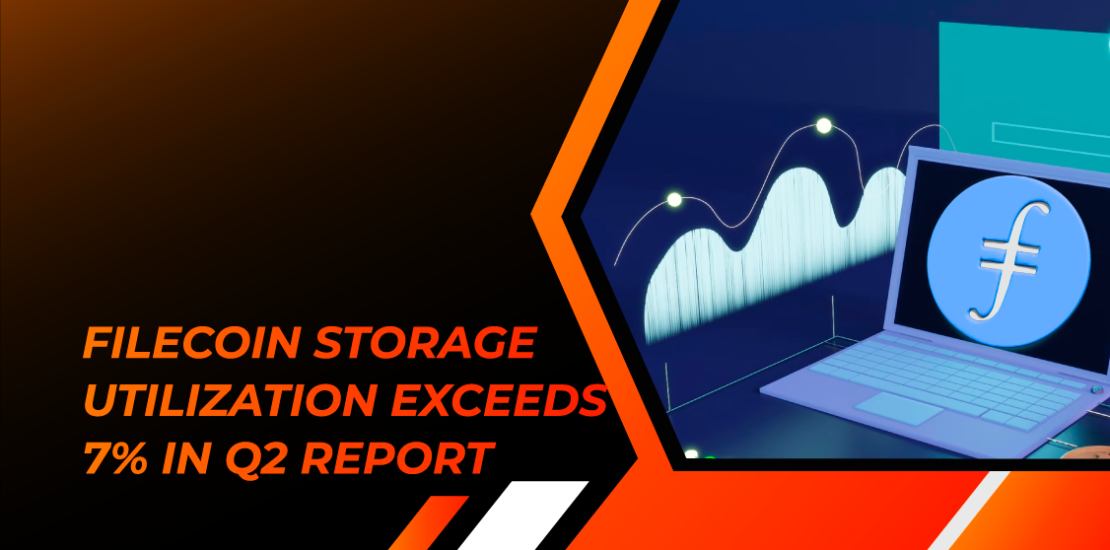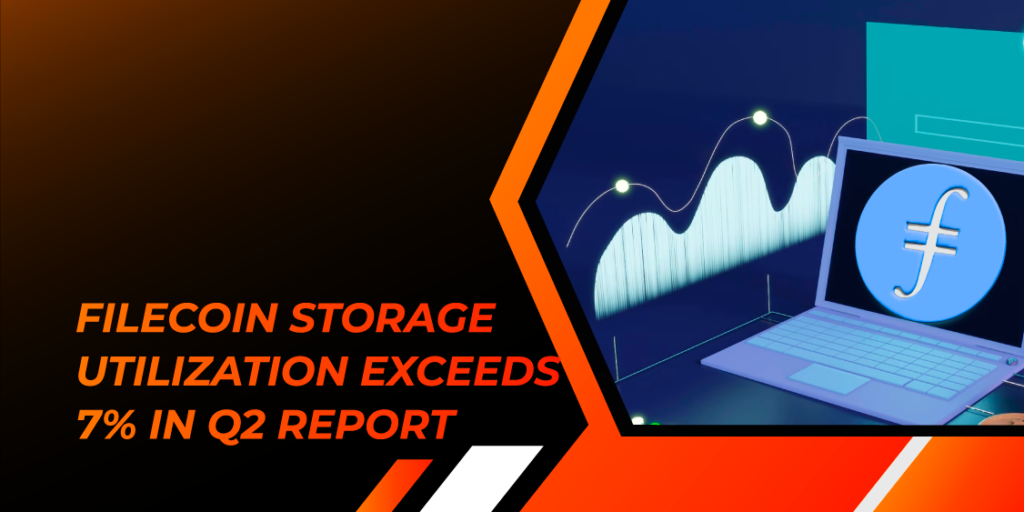- July 17, 2023
- Posted by: cryptodisplayio@gmail.com
- Category:


Filecoin, a decentralized storage network, experienced a significant increase in storage utilization during the second quarter of the year, surpassing 7%. However, despite this growth, the protocol and supply revenue faced a decline, primarily due to providers reducing fees to encourage adoption.
According to a recent report by Messari on July 13, Filecoin now averages 954.2 pebibytes (equivalent to 1.07 billion gigabytes) of storage deals on its network. This is in comparison to its raw storage capacity of 12.2 exabytes (14.1 billion gigabytes). Previously, Filecoin had struggled to attract users due to high storage costs when compared to centralized alternatives like Amazon Web Services.
During the second quarter, the protocol generated $11.5 million in revenue, equivalent to 2.5 million Filecoin tokens. This represents a 40.7% decline compared to the same period last year. However, this decrease was partly influenced by the drop in FIL token prices resulting from the cryptocurrency bear market in 2022. The decline was partially offset by a significant increase in active storage deals.
The decrease in token prices also impacted supply-side revenue, which includes earnings from block rewards, anchored storage deals, and transaction tips. Supply-side revenue experienced a significant year-over-year decline of 66.9% to $85.7 million in Q2 2023.
In order to incentivize adoption, many storage providers began offering near-zero fee storage. The majority of the stored data on Filecoin is from the information technology sector (41%), followed by natural resources (31.3%), healthcare (16.7%), and social services (9.2%). Currently, there are 1,750 clients onboarded on the Filecoin network.
Researchers also discussed Project Saturn, a content delivery network (CDN) for Filecoin and IPFS (InterPlanetary File System). Project Saturn’s aim is to provide fast and cost-effective content delivery to the Filecoin retrieval market.
Filecoin launched the Filecoin Virtual Machine (FVM) in March, which allows the network to support Ethereum-style smart contracts. Over 2,300 smart contracts have been deployed on FVM since its launch, accounting for 7% of the blockchain’s gas fees in Q2 2023.



